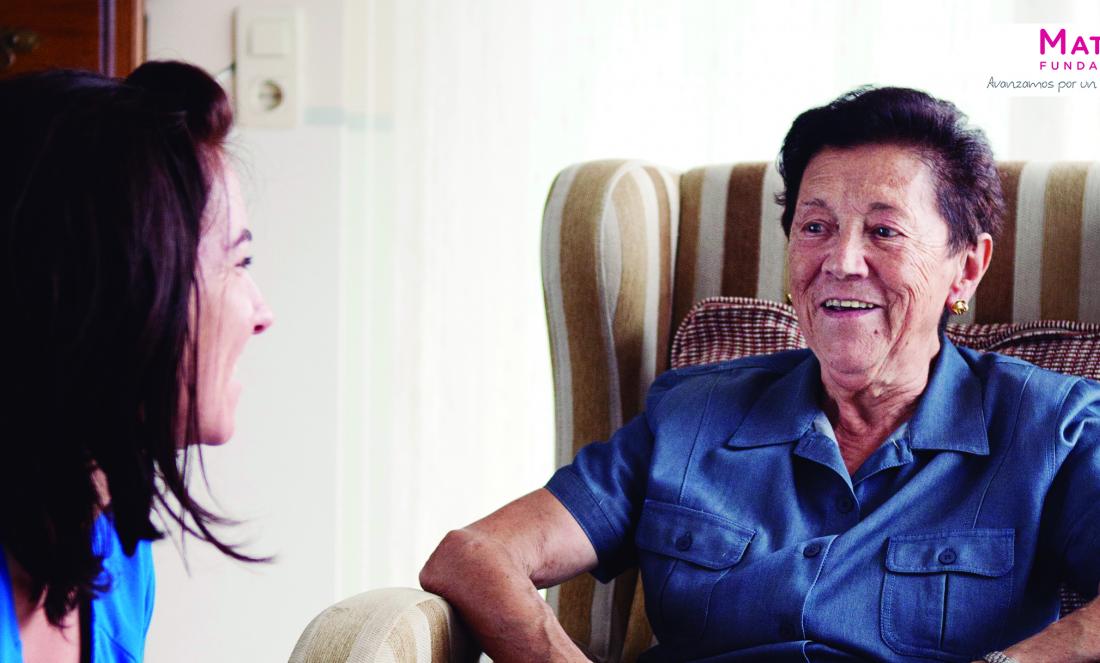
The role of the Social Worker in the New Model of Care
To provide a person-centred model of care it is essential to know the tastes, preferences and values of the people we serve, as well as their life history, as the person is not isolated and is influenced by everything that surrounds them and has surrounded them throughout their lives.
The guidelines of Social Work are in line with the model of personalized attention. In fact, one of its principles is based on the respect for the value and dignity inherent to every person and the rights derived from them. This means that Social Work must respect and promote the right of people to choose for themselves and to make their own decisions, whatever their values and life choices, as long as they do not threaten the rights and legitimate interests of others. Furthermore, Social Workers must intervene with the person as a whole, taking into account everything that influences a person's life (family, community, etc.). For all these reasons, it can be said that the implementation of the Person-Centred Care Model in the centres further favours the work of the Social Worker, since, as has been indicated, the indications of social work are in line with this new model
In the Day Centres or Residential Centres of Matia Fundazioa, the Social Worker is usually the first person to have contact with the person who is going to come to one of our centres and his/her family. They are also the ones who usually cancel all income and therefore maintain the last relationship with the family and/or the person who has been attended. It could be said that he is the entrance and exit door for the people and families we attend, without forgetting the social attention he provides to all the people he attends while they are in our centres. For this reason the role of the Social Worker is key in guaranteeing from the beginning to the end the provision of a model of care centred on the person.
The Social Worker collects data on the family and social history of the person to be cared for, emphasising their hobbies, tastes and values, so that from the outset the person to be cared for can be better understood and personalised attention can be provided as far as possible. This information is shared with the professionals at the centre, thus making it easier for all the people who are going to attend to have a knowledge of the person we are going to attend to that will benefit the person being attended to. This information is completed as the person is cared for, and after agreement with the person being cared for or their family/guardian in the case of cognitive impairment, it is set out in the I.A.P. (Individualised Care Plan), aspects such as that it is important to encourage in that person, that one should not talk under any circumstances with that person, that it is significant for them, etc.
The model of care centred on the person requires greater knowledge of the person being cared for, and this favours the objectives and actions that the Social Worker sets out with the person being cared for or their family being more meaningful to them and respecting and promoting the person's values even more. In short, it results in the well-being of the person.
The implementation of the Person-Centred Care Model in one of the modules of the Rezola Residential Centre, as well as in its Day Centre, has favoured the well-being of the people we care for and has provided many satisfactions for all the workers, although it should not be forgotten that the model has also brought and will bring many ethical discussions. We are still very protectionist, although we are learning that without risk there is no life.

Add new comment